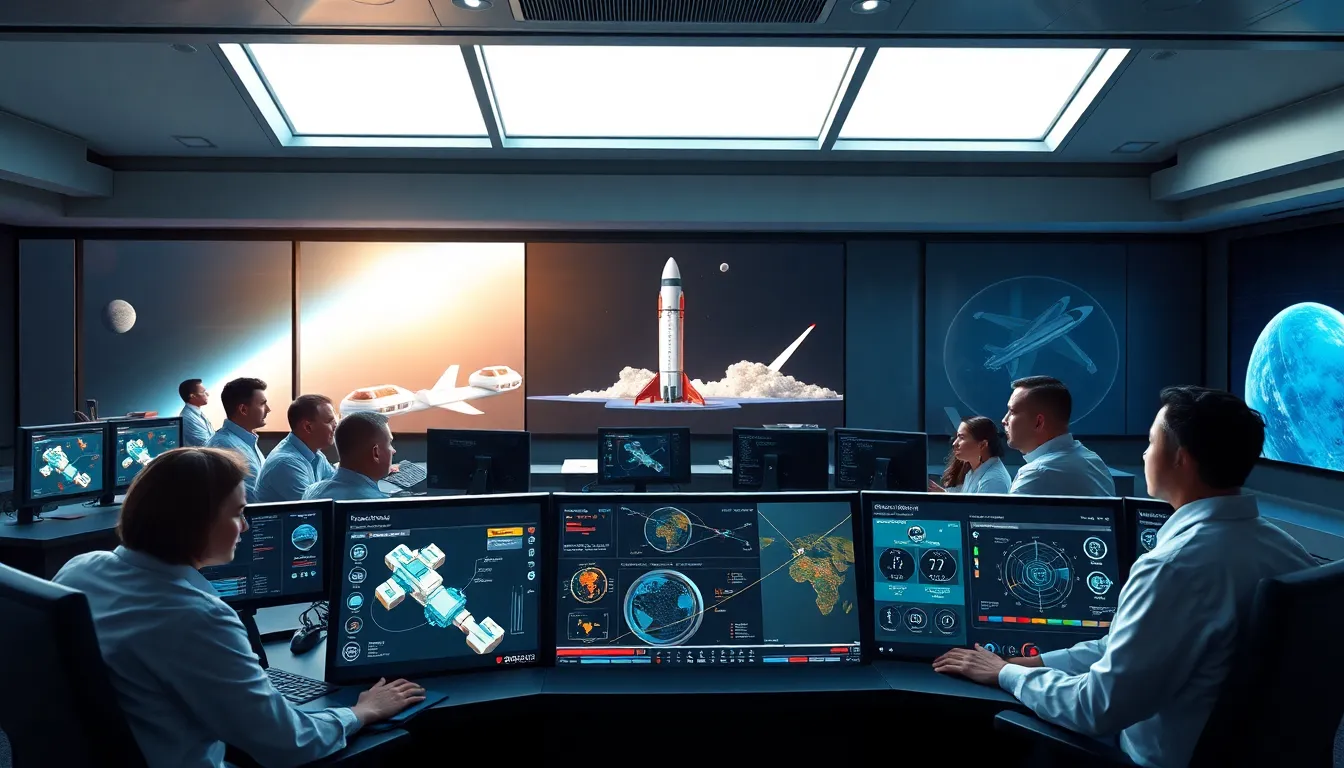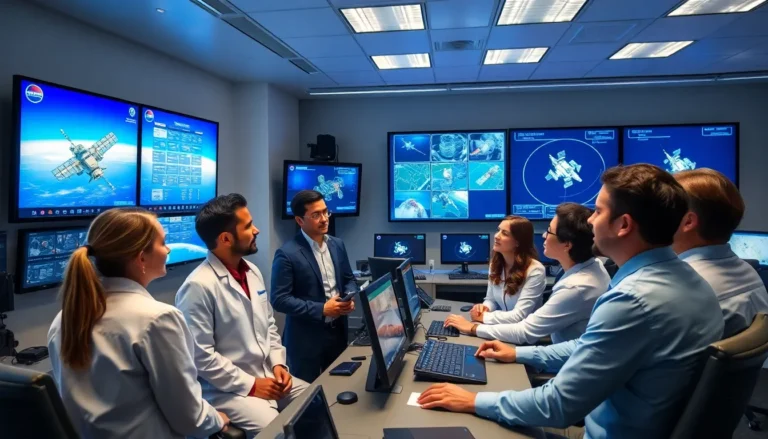Ever looked up at the night sky, wondering just how far humans could soar into the vastness of space? If so, you’re not alone. With our current technology, we might not exactly be packing our bags for a weekend getaway on Mars, but we’re definitely making strides. In this text, we’ll dive deep into the realm of space travel, exploring what our rockets can handle today and hinting at what the future might hold. Strap in, it’s going to be an exciting ride.
Table of Contents
ToggleUnderstanding Current Space Travel Technology

Recent Advances in Rocket Technology
As we stand on the shoulders of giants like NASA, SpaceX, and Blue Origin, recent advancements are making our rockets more efficient and powerful than ever. For instance, the SpaceX Starship can potentially carry up to 100 tons of cargo to low Earth orbit (LEO), a game-changer when it comes to cargo transport. Also, the development of reusable rocket technology has cut costs significantly. Who would have thought that a rocket could come back to Earth and be launched again, just like a bus?
Spacecraft Propulsion Systems
When we talk about propulsion, we’re not just crunching numbers, this is where the magic happens. Traditional chemical propulsion systems have been our go-to for years. But, innovative concepts like ion thrusters, which provide a sleek, continuous thrust using ionized gas, are making waves. They may not offer a fast sprint but allow spacecraft to travel longer distances while consuming far less fuel. Looking further down the line, concepts like nuclear thermal propulsion could revolutionize how we navigate through space, potentially shortening travel times to distant planets, making space feel a lot less distant.
Limitations of Current Technology
Distance Achievable Within Our Solar System
Let’s face it, while our rockets may be impressive, they’re not exactly equipped for interstellar vacations just yet. As it stands, the farthest humans have traveled is to the Moon, a mere quarter of a million miles away. To give you some perspective, that’s the equivalent of a road trip from New York to San Francisco and back several times.
Although robotic missions have ventured beyond, like Voyager 1 and 2, which are over 14 billion miles from home, these crafts are on autopilot. They’re sending back data like grandma sends holiday cards, slowly and with a sense of nostalgia. If humans wanted to travel to Mars, we’d be looking at a journey of around 6 to 9 months, and that’s only if everything goes according to plan (which, as history shows, isn’t always a guarantee).
Interstellar Travel: Theoretical Possibilities
Challenges of Traveling Beyond Our Solar System
Interstellar travel, just the phrase sounds exciting. But before you start dreaming of hopping aboard a spaceship to Alpha Centauri, let’s talk reality. The nearest star system is about 4.37 light-years away, which translates to over 25 trillion miles. With current technology, that distance might as well be a million light-years.
One of the biggest challenges is speed. At NASA’s current best, the New Horizons spacecraft, we’re talking about traveling at roughly 36,000 miles per hour. If we were to maintain that pace, it would take an unprecedented 78,000 years just to get to Proxima Centauri, our nearest stellar neighbor. Talk about a long road trip.
Potential Future Technologies for Space Travel
Now, don’t despair just yet. Researchers and scientists are concocting groundbreaking ideas to propel us into the cosmos like never before. Concepts like the Alcubierre warp drive, which theoretically allows for space to fold (yes, fold.) to create shortcuts through the universe, sound like they’re straight out of a sci-fi novel.
Also, projects like Breakthrough Starshot are exploring tiny spacecraft propelled by powerful lasers that might reach speeds up to 20% the speed of light. Who knows, with continued research, interstellar travel could evolve from fantasy to reality in a few decades.




